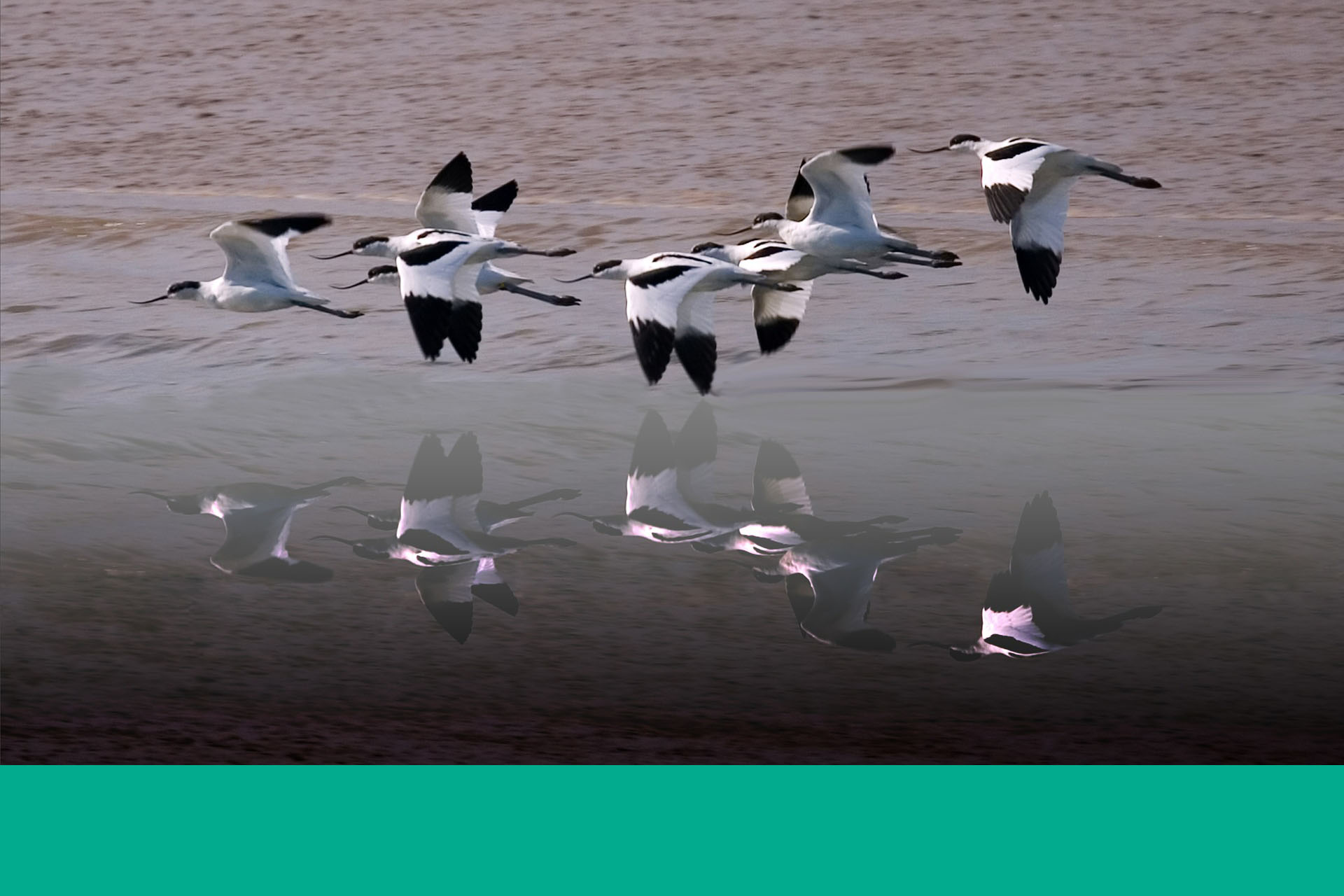Faculty of Health and Life Sciences
The University of Liverpool has been at the forefront of Health & Life Sciences research for 130 years and continues to build on the impressive research knowledge, experience, resources and partnerships that have been amassed. The Faculty has over 1,850 staff, 5,000 undergraduates and 1,000 postgraduate students who, together with many alumni and partners, are helping to build the University’s reputation every day.
Institute of Veterinary Science
The University of Liverpool Veterinary School was the first vet school to be part of a university (in 1904), demonstrating its early emphasis on scientific progress and evidence-based, academic veterinary medicine. This innovative approach has continued to the present day: the school regularly does well in league tables, has internationally renowned clinicians and scientists working in its hospitals, clinics and laboratories, and its graduates and staff have held some of the leading roles in the veterinary profession.
This isn't just about great training, important though that is. It's about constantly developing veterinary science and practice – and getting it into front line animal and human health care as efficiently as possible.
For more information on the Institute of Veterinary Science, see our website at www.liv.ac.uk/vets.
Veterinary Conservation Medicine
Conservation medicine is an interdisciplinary subject and academic staff contributing to the programme have diverse backgrounds in veterinary and biological sciences. Research projects associated with the programme are similarly diverse, reflecting interests of staff across the Institutes of Veterinary Science, Integrative Biology, and Infection and Global Health. The programme has strong links with the Mammalian Behaviour and Evolution Group, based at the Leahurst Campus. Our students also benefit from optional additional training in wildlife diagnostic veterinary pathology. Seminars are provided by external speakers working in conservation and related areas, offering additional opportunities for networking and careers advice.
You will benefit from interacting with a diverse community of Life Sciences students at the University of Liverpool, which has a strong tradition of veterinary interest and participation in wildlife issues, and a very active Liverpool University Veterinary Zoological Society. Our students, past and present, also stay in touch, maintaining a wide community of professional contacts.
Back to: Undergraduate
